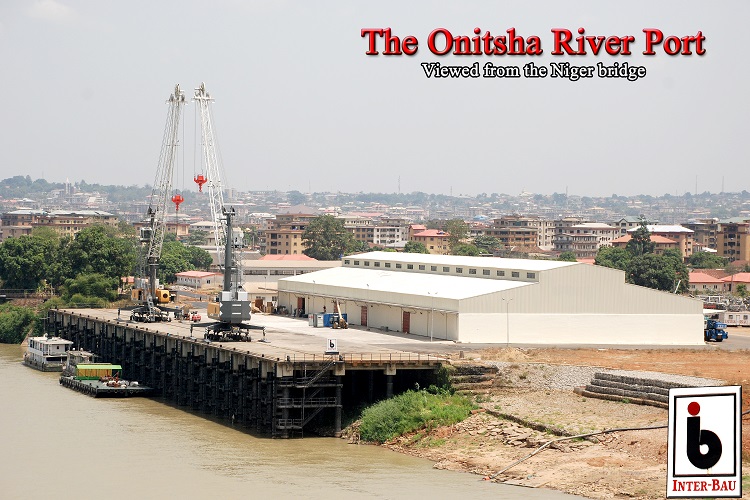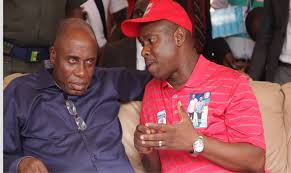…Now prices of new cars up 200%
That prices of brand new vehicles sold in Nigeria have risen by more than 200 per cent since 2014 to date, and now out of the reach most individuals and corporate buyers is no more news.
Rather, the recurring news is that since the introduction of the auto policy, there has been no serious foreign investor coming into the economy even as existing ones and their indigenous counterparts are running out business.
Whereas up till now, federal government is still struggling to find core investors for the moribund Peugeot Assembly of Nigeria (PAN), Innoson Vehicle manufacturing (IVM) company, Nnewi is still yet to break even after some years of production due to poor patronization.
The situation which was exacerbated by the bogus auto policy, which on the other hand, raised import duty on cars to 35 percent in addition to a 35 percent levy, amounting to 70 percent, on a weaker naira is now getting out of control.
Only last week, the Comptroller General of Nigerian Customs Service, Hameed Ali told journalists in Lagos that some Indians and Lebanese are now partnering with some Nigerians to thwart the government revenue target by ferrying brand new exotic cars into the country using the porous borders.
Also within the week, a top army official rammed a convoy of smuggled exotic cars on Customs officers on checkpoints in an escape bid along the Lagos-Badagry border route.
The two events further shows the level of rejection of the auto policy by stakeholders who felt that it is no more fashionable to do motor business using the Nigerian ports, but ports of neighbouring countries.
Analaysts say market wise, Nigeria remains a destination for car manufacturing business, but lack of enabling environments and government’s policy inconsistency remain the challenges.
Industry watchers are of the opinion that the 70 percent increase in taxes on imported new vehicles, along with the 86 percent fall in exchange rate of the naira from N196 to the dollar, to relative stability at N365 in recent times, including other incidental expenses at the ports and company overhead costs, have combined to force prices of vehicles northwards.
Many individuals who can no longer afford the new cars have resorted to maintaining their old cars for extended periods of time, even as prospects of workable financing schemes remain unavailable.
Many banks accustomed to changing cars for top executives every four years, have suspended the practice, due to high cost of procuring the new vehicles.
In 2014, a brand new Kia Cerato 1.6 litre automatic transmission saloon car sold for N3.96 million but now costs N9.54 million in 2017, while a Kia Picanto 1-liter engine capacity, which cost N2.25m three years ago, is now sold for N4.95 million in 2017.
Toyota Corolla 1.6 liter GLI automatic transmission fabric sold for N4.45 million three years ago, now costs N18.9 million.
In the same period, a Mercedes-Benz C200 luxury sedan, which was sold with a dealership price tag of N10.5 million, costs N25 million in 2017, while a Mercedes G63AMG model which previously sold at N50 million, presently wears a price tag of N78 million.
Business Hilights gathered that among the best bet to return car manufacturing in Nigeria to profitability will include an auto policy that will have a human face and driven by enabling infrastructure and political will for long period of time.









